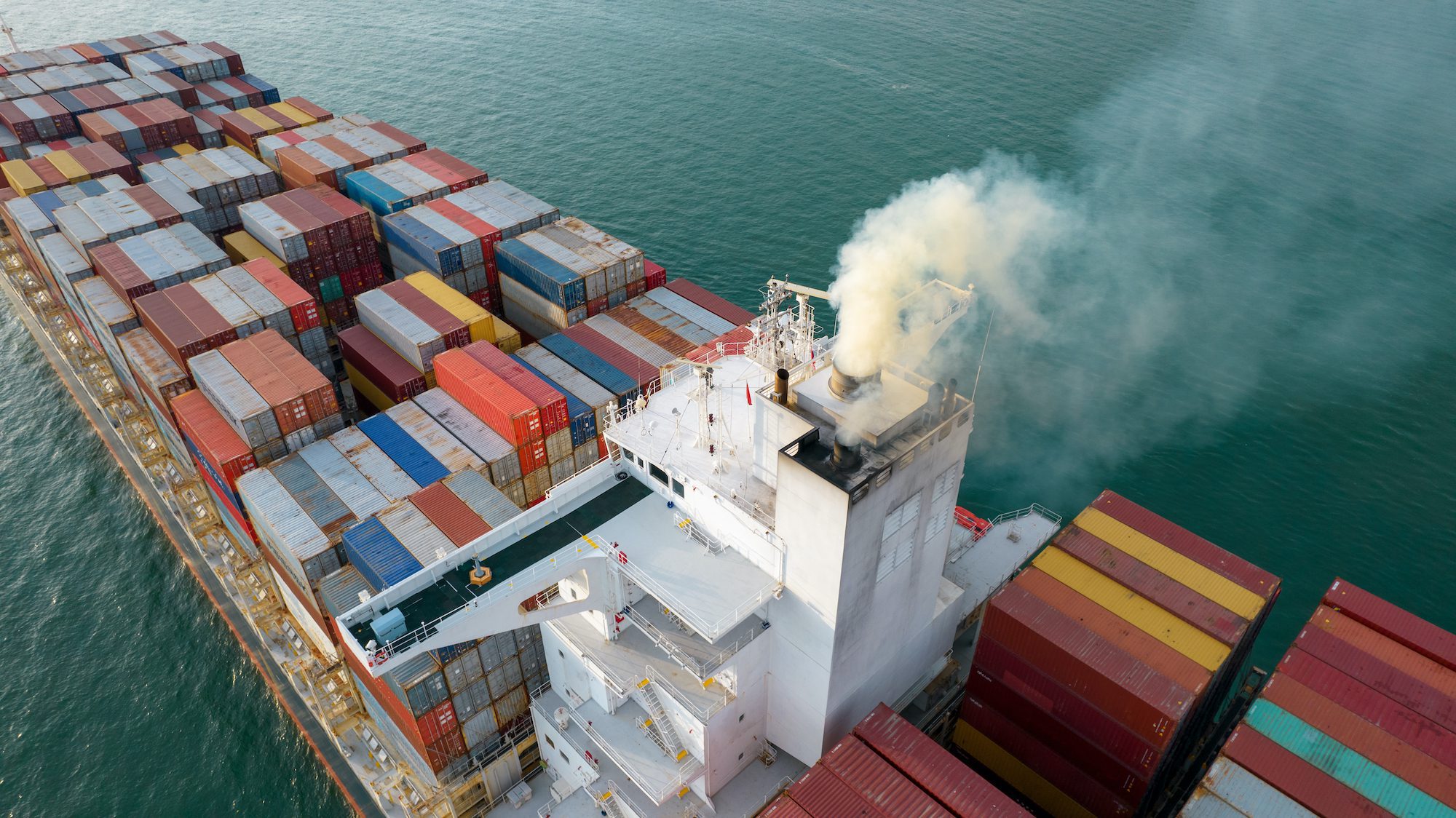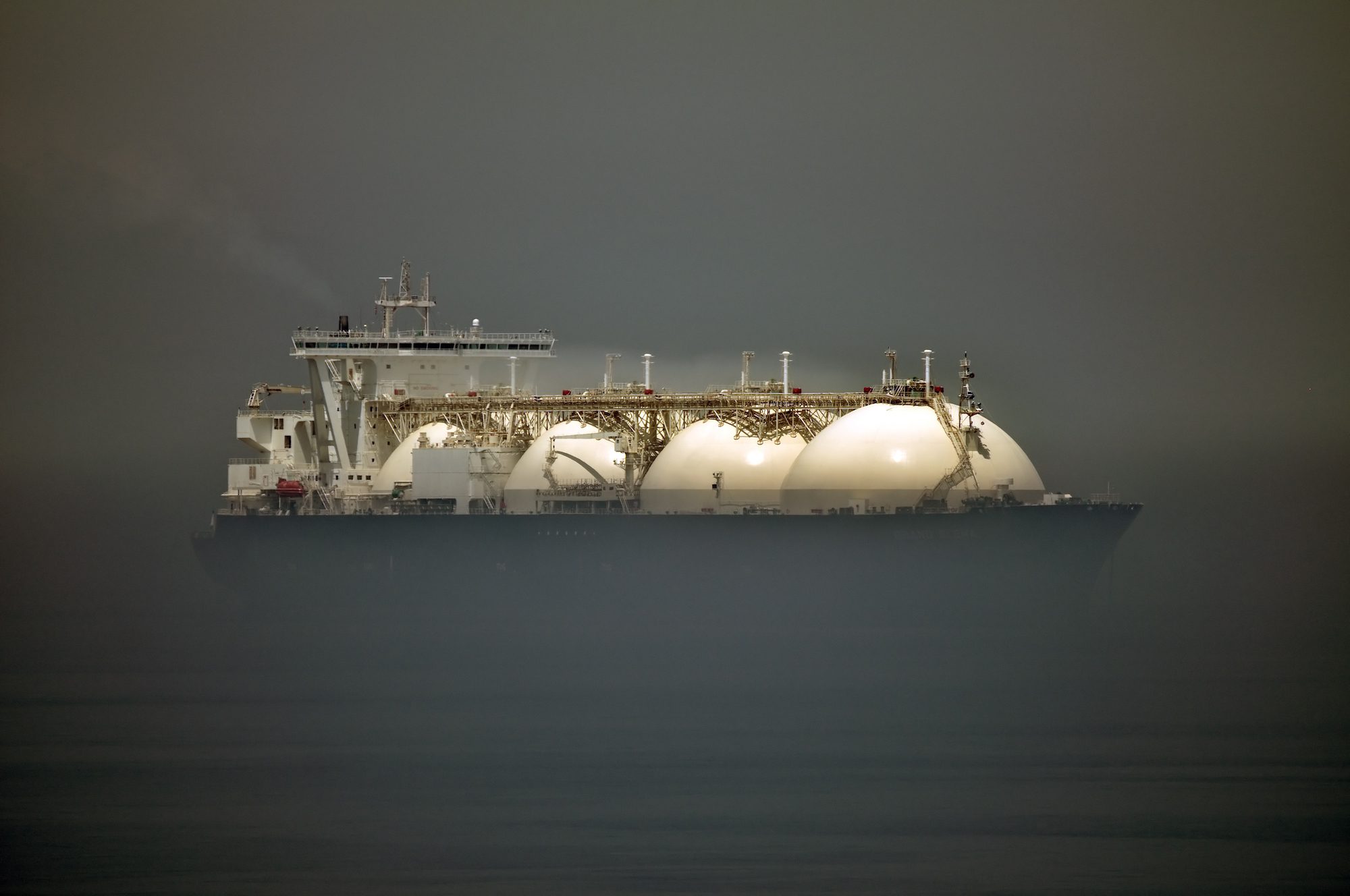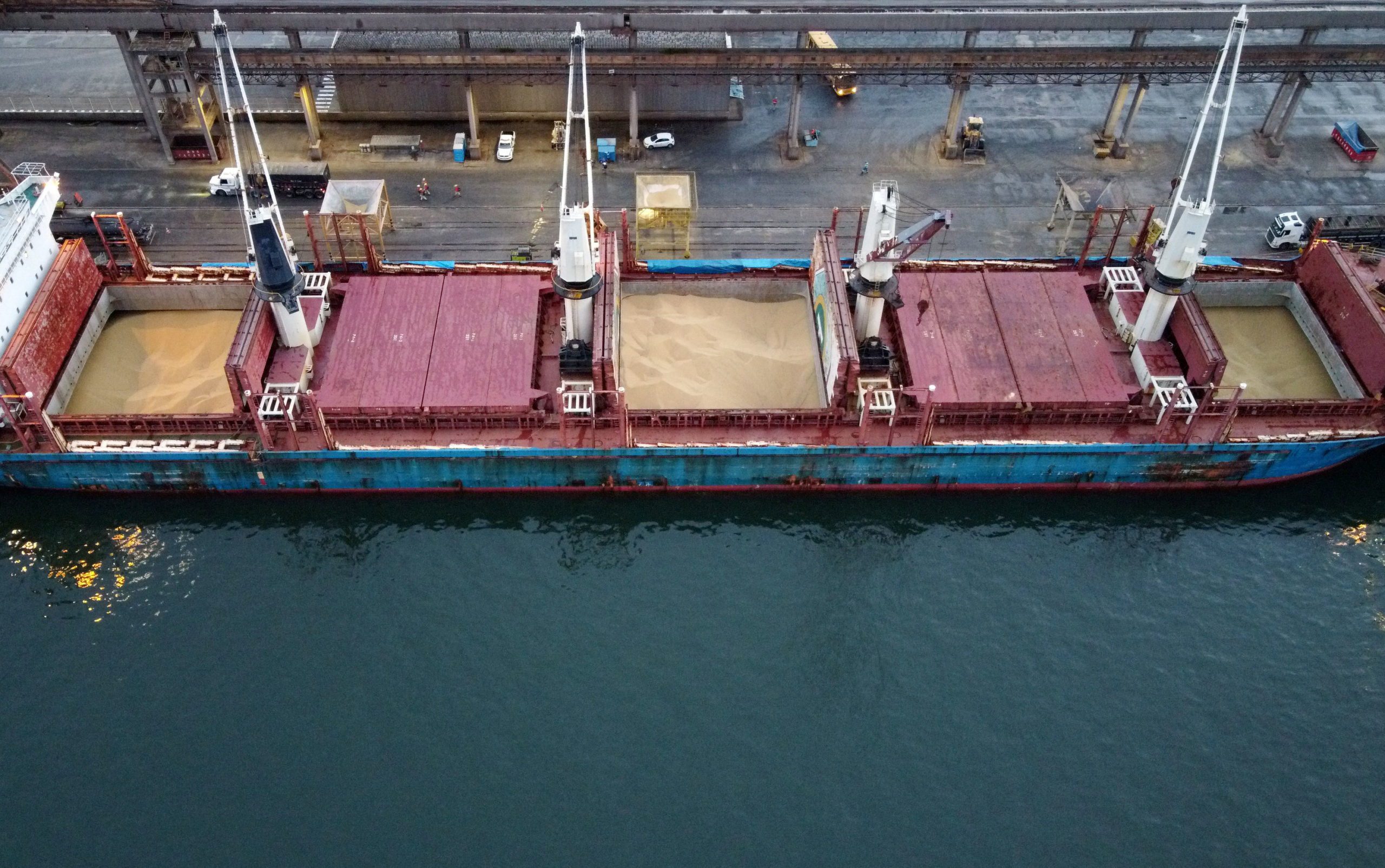“The industry is getting ahead of the governments here,” in the words of Jeremy Nixon, the CEO of Ocean Network Express (ONE), is typical of the many on-target quotes made today during an online press conference organized by the World Shipping Council (WSC).
The WSC is a leading shipowner voice representing all of the world’s major container carriers. Besides ONE (a consortium of three major Japanese carriers NYK, K-Line, MOL), WSC’s membership includes well-known names such as Maersk, MSC, CMA-CGM, Zim, and Hapag-Lloyd, plus two dozen others from the container and Ro-Ro sectors, including US-based Crowley, who also participated on the call. This is a serious group with real clout, linked, importantly, with nameplate retail customers such as Ikea, Home Depot, and other big box favorites.
The online event coincided with a WSC submission to the International Maritime Organization (IMO) detailing its very practical steps needed for shipping’s move towards decarbonizing in advance of the upcoming MEPC 78 meetings, slated for early June, 2022, during which deliberations will cover all manner of issues related to moving shipping towards carbon reductions. The WSC’s submission to the IMO details six necessary actions which it feels must be part of the IMO’s strategy. On the call, these steps were outlined by John Butler, a one time maritime lawyer, based in Washington, DC, who is WSC’s President and CEO.
- Global application of a carbon price (GHG price)
- Life cycle fuel accounting with appropriate regulatory mechanisms for first-movers
- Integrated development of global production and supply of zero GHG fuels
- Green corridors as enablers of the fuel / technology transition
- Newbuild standards that support the energy transition
- Applied R&D for shipboard and shoreside systems
To varying degrees, some of the discussion in the conference echoed suggestions or ideas that have been offered by other organizations (for example, WSC members are also involved in the Getting To Zero Coalition, and other initiatives), albeit always with a far more practical flavor here. One ground-breaker, again infused with the imprimatur of the world’s largest carriers (investing $billions in vessels, either directly or through financial intermediaries) concerned item #5, newbuild vessels.
Mr. Butler, in his remarks, noted that the IMO has already promulgated increasingly strict standards for newbuilds (referring to the EEDI measures in effect since 2015) but always on the premise of gaining more efficiencies from fossil-fueled vessels.
In his remarks on item #5, Mr. Butler then added: “The question that we are putting on the table is whether and when to perhaps switch over to a newbuild standard that actually forces new vessels to be constructed to be able to use next generation fuels….if we are going to transition to a completely new energy profile we need at actually making a step change in the fuels we are using.” This is a suggestion not previously voiced by the various industry organizations and consortia (with acronyms too numerous to mention).
Practicality was also infused into Mr. Butler’s remarks on the very thorny issue of dealing with certain countries “not wanting to be left behind,” sometimes characterized as “lesser developed” or in “developing” stages, that have arguably impeded progress in the IMO decarbonization discussions.
In response to a question on this subject, he referred to WSC suggestions of “integrating issues of fuel supply into the regulatory process” and the use of the ‘Green Corridors’ as two examples of ways to move forward “in a step-wise fashion,” with some flexibility to “move first in places that are ready to move” and then “transfer those technologies and practices to other parts of the world.” As the IMO deliberates, it’s important to find ways that “[lesser developed countries] are not disadvantaged, as we make this transition,” he said.
In a later set of remarks, Mr. Nixon was more explicit on the subject, saying that one of the key points to make is that emerging countries may see “a really positive opportunity” to produce their own green energy to be used in the production of the alternative fuels. “Today, we have a limited number of locations where we are sourcing bunker fuel…and where the oil comes from. The beauty of green fuel is that potentially any country that has solar or other types of renewable energy could be a player….it opens up many countries to be able to produce and supply these green fuels,” he said.
Midway through the hour-long online event, the very quotable Mr. Nixon called on the need to “jump ahead of the IMO” by setting ambitious targets, and later in the event intoned “Let’s move the IMO along.”
Summing it all up, the WSC’s John Butler said: “We need to shift from the political to the practical.”
You can download the World Shipping Council’s full submission to the IMO here.

 Join The Club
Join The Club











